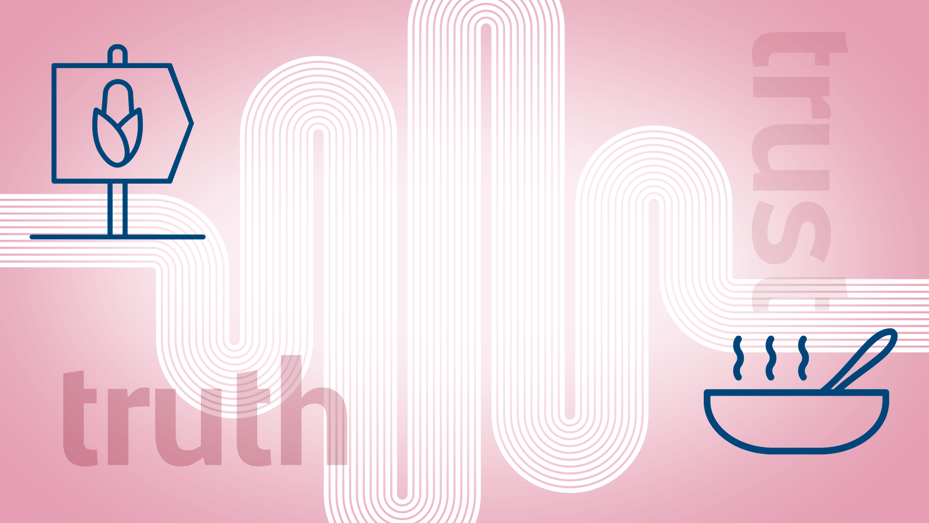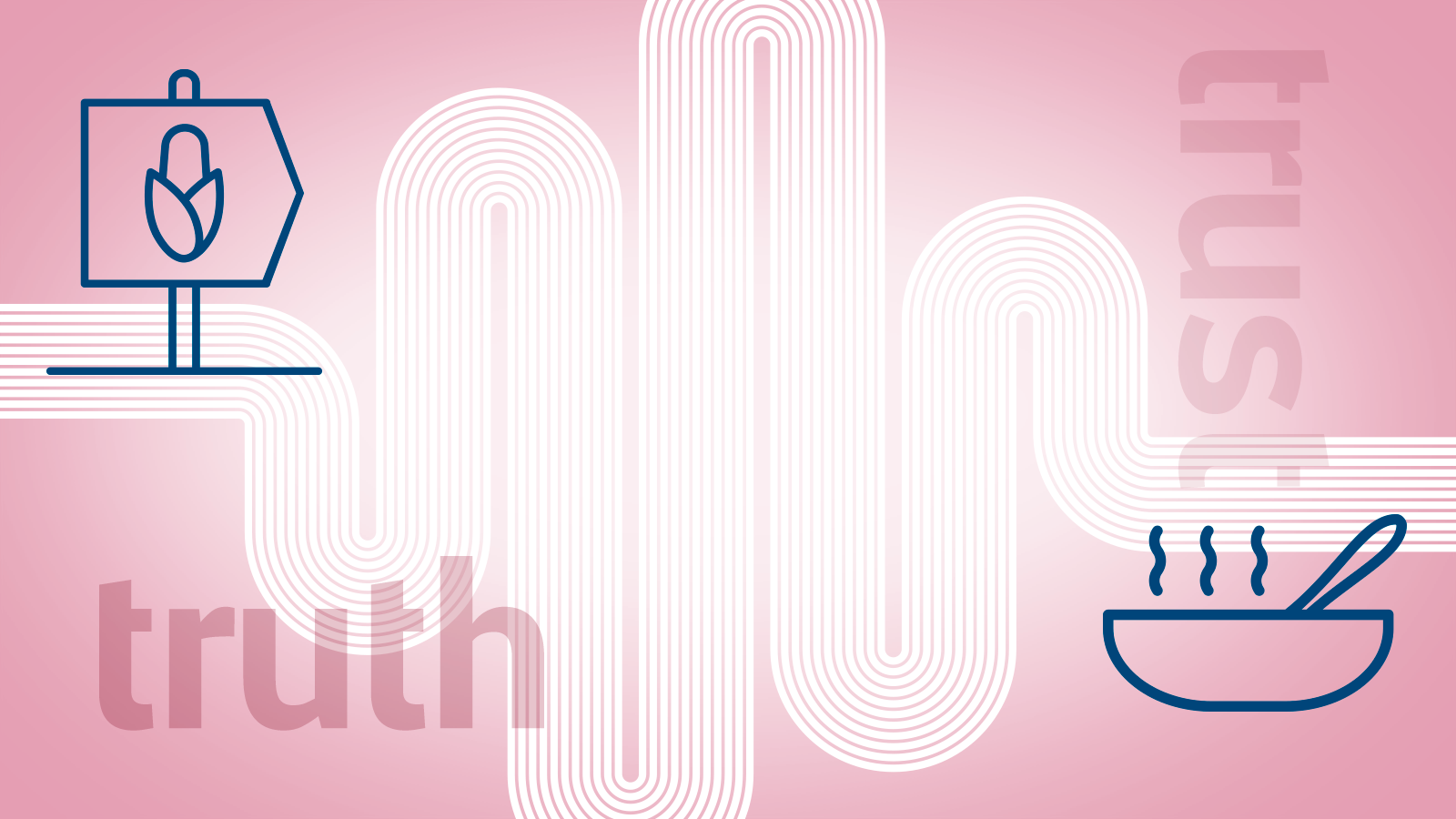
Trust and transparency in the food supply chain
|
Product Lifecycle Management
|
Food & Beverage
|
Supplier Relationship Management
Posted By:
Trace One

Transparency is one hallmark issue that’s becoming ever more important to consumers.
“Consumers want to understand the origins of their food and its journey from farm-to-fork,” reports Food Safety Net Services. “Transparency is truth and trust. In 2015, food companies implemented ‘transparency’ initiatives in response to lack of consumer trust. The concept was actually ‘improved traceability’ because many buyers/shoppers wanted more information about what’s in their food and where did it come from. Nestle, Walmart, Dole, McCormick, and Cargill were early-adopters, seeking to strengthen their brand-names so their customers and consumers could make informed decisions at the time of purchase.”
Transparency and traceability efforts might be the best way to improve relationships between manufacturers and consumers.
Declining consumer trust and the food industry
Recent studies suggest that trust in business—across a broad swath of the economy—is at an all-time low. According to Resultist Consulting, trust in American-based businesses specifically has fallen 5% in the last year alone. The trend encompasses food manufacturing and production.
As a report in U.S. Farmers and Ranchers explains, “This past year of multiple crises – the pandemic, an economic downturn and significant unrest around racial and social justice – has tested the food and beverage industry and its ability to deliver on promises. We have experienced intense dialogue on the state of the food system – hunger, food shortages, food waste, deforestation, COVID-19 and the safety of front-line food workers.”
Consumers are more informed, and more skeptical, than ever before
According to FMI—The Food Industry Association and NielsenIQ—nearly two-thirds of grocery shoppers would switch to brands that disclose more than just ingredient and nutritional information.
Seventy-two percent of shoppers stated in the same study that “detailed information such as what is in your food and how it was made,” is important or extremely important to them in terms of deciding which food brands and retailers to support.
“The data from this report strongly reinforce the old adage that honesty is the best policy,” says FMI’s Director of Research and Insights, Steve Markenson. “Consumers want to know where their food comes from and how it gets made and that has held true even as the pandemic has changed grocery shopping habits. Whether online or in store, shoppers prefer brands that tell the whole story about their products.”
Trace One Devex PLM for food and beverage boosts transparency—and consumer trust
Leading food manufacturers are turning to Trace One Devex PLM for food and beverage to help solve a host of issues—including transparency and declining trust. “Implementing Trace One Devex PLM has been, and will remain, one of our enablers for business growth,” stated a food company director of project management during a survey for a Forrester® Total Economic Impact study commissioned by Trace One.
Among the Trace One Devex PLM attributes producers consistently point to:
- Trace One Devex PLM enables a SSOT architecture/model
- Trace One Devex PLM can validate claims
- Trace One Devex PLM lives in the cloud
- Trace One Devex PLM eliminates information silos
- Trace One Devex PLM makes compliance and internal and external collaboration easy
To make workflows and accountability more transparent, food manufacturing executives have long wanted a single, searchable source for product specifications, formulations, materials, and other information across all of their products, functions, and regions.
Trace One Devex PLM positions producers for success
The SSOT tools and capabilities embodied in Trace One Devex PLM enable manufacturers to be more transparent with their own customers.
Transparency—coupled with the kinds of information consumers crave—can boost trust for a brand and an entire company.